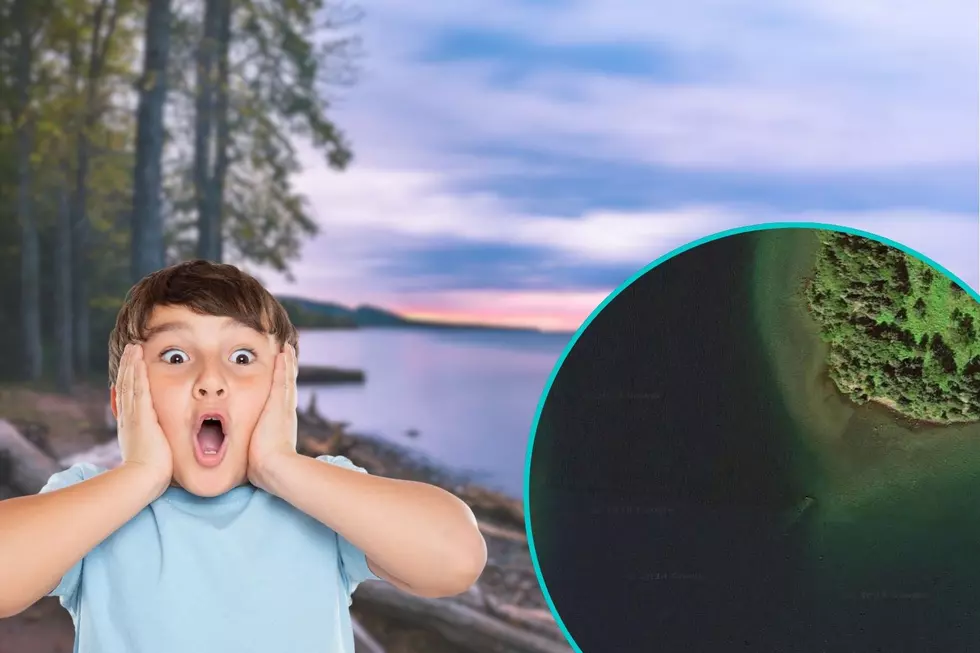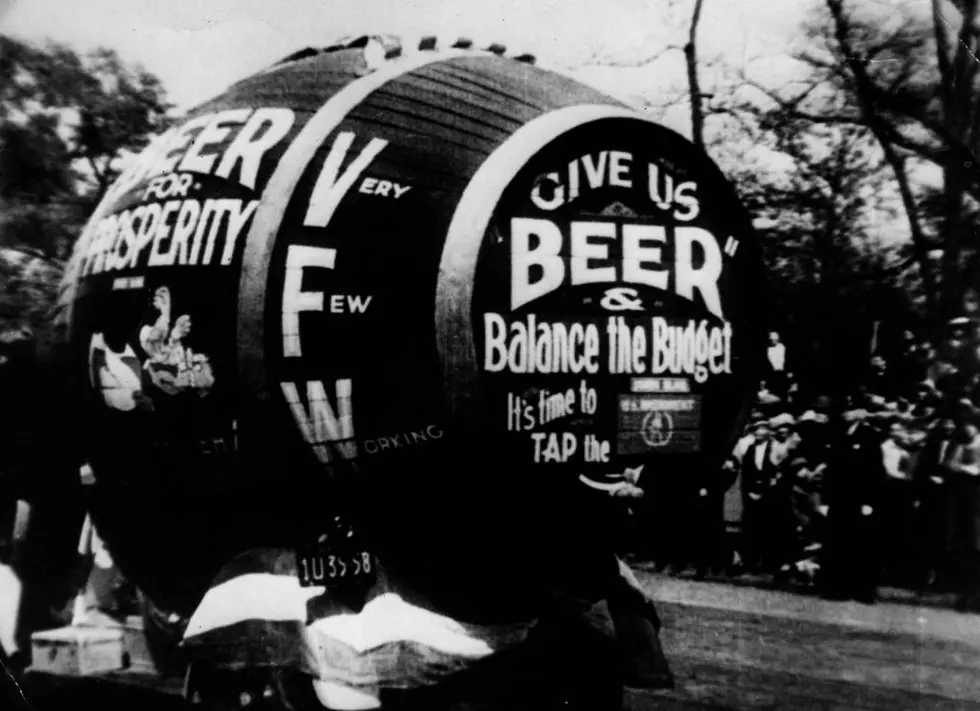
St Cloud Drivers Don’t Realize These Two Things Aren’t the Same
I think everyone can agree that making traffic flow better and faster is a good thing. The navigation of a roundabout seems to escape people, especially the elderly driver and a new or young driver.
The idea of a roundabout is to help traffic...to keep it flowing. To make a commute easier, faster, better. This doesn't happen if the rules of a roundabout aren't followed. One thing to realize...apparently not clear to some drivers... is that a four way stop isn't the same as a roundabout. In fact, the roundabout was put in so that a four way stop isn't needed. It keeps traffic flowing. If a driver pulls up to a roundabout looks to the left and sees another driver approaching but not yet in the roundabout, you don't stop, you keep going and proceed into the roundabout. That's the idea, you don't have to stop. Some of this is where judgement and experienced driving comes into play.

Another rule- NO STOPPING IN THE ROUNDABOUT! Why can't we all get on board with this roundabout thing? I have been behind some drivers, cruising along in the roundabout, and suddenly they stop because someone is approaching the roundabout. Talk about almost causing an accident!
I know people say they hate them. Why? I feel like Americans really don't like change. Europeans have been using roundabouts for years and it keeps traffic flowing. But you do need to know how to navigate the traffic circle. Staying in your lane, not crossing in front of someone else in the circle (I'm looking at your CentraCare Plaza circle), And NO STOPPING! Well, you do need to stop if someone to your left is already in the circle and coming your way and you have not yet entered the circle. Then yes, please stop. Again, use your judgement and experience driving.
A four way stop and a roundabout are not the same thing. Do not treat them as such. Why can't we all figure this out? It would be really awesome if we could.
Answers to 25 common COVID-19 vaccine questions
LOOK: Things from the year you were born that don't exist anymore
More From 103.7 The Loon









